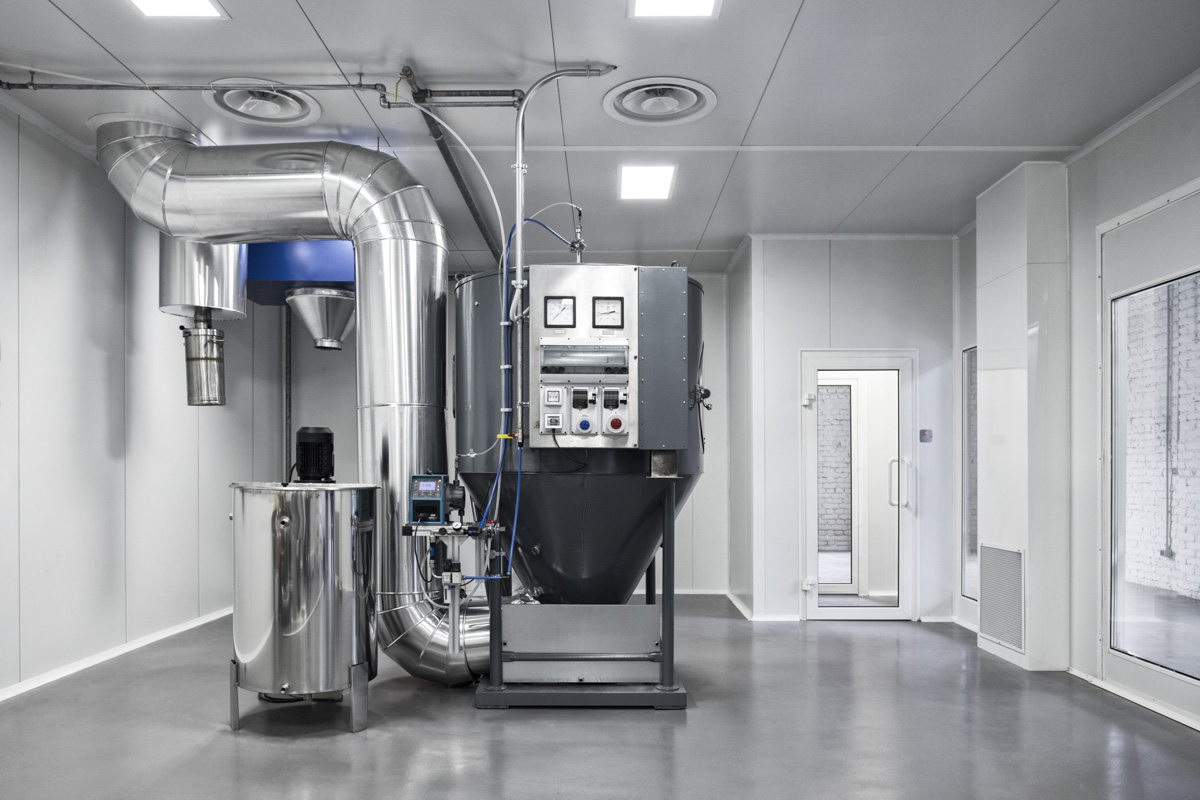


13.02.2023
Graphene and Parks Industry
Transport plays an essential role in society and the economy. At the same time, however, it has a high environmental impact, contributing to climate change, air pollution and noise. In the European Union, the European Environment Agency has estimated that cars, vans, trucks and buses produce over 70% of the greenhouse gas emissions generated by transport, which is why the EU, through measures such as banning the sale of new petrol and diesel cars from 2035, is trying to take action to achieve the goal of climate neutrality by 2050. However, sustainable mobility also depends on the construction of new road surfaces, and in this regard Italy will be a pioneer, with the construction of the first green and hitech motorway in Europe. The A4 motorway, in the 125km section from Turin to Milan, is about to be repaved by its operator (the ASTM group) with an innovative and sustainable asphalt, made using graphene – a new material with the hardness of diamonds and the flexibility of plastic – and specially selected recycled hard plastics (such as toys, fruit crates, baskets), plus 70% recycled asphalt, material crushed from the existing road surface, thus reducing the use of new natural aggregates. The work will involve both directions of travel, for a total of 250km. “We will make the Turin-Milan motorway that connects the 2 main economic and industrial centres of northwestern Italy into the most modern, most technological and greenest motorway in Europe,” stated Umberto Tosoni, CEO of ASTM, the world’s second largest licensed motorway operator, with a network spanning more than 6,000km in Italy, Brazil and the United Kingdom. The technological mixture made from graphene and hard plastics is called Gipave, and is an Italian patent. It was developed, after 6 years of research, by Iterchimica – a Bergamo-based company that operates in over 90 countries, leader in the production and development of additives and technologies for sustainable asphalts – in collaboration with G.Eco (A2A group), University of Milano-Bicocca and Directa Plus, a supplier of graphenebased products. “This new asphalt is made by recovering plastics that today have different recovery cycles from traditional plastics and are therefore very energy-intensive. By combining graphene, a new generation nano-material, we will create a much longer lasting substrate,” explained Federica Giannattasio, CEO of Iterchimica.
Indeed, the use of Gipave and 70% recycled asphalt increases the duration of the road surface by up to 75% compared to the best technologies currently used on the market. Not to mention the huge advantages in terms of environmental sustainability: compared to standard maintenance, this solution will make it possible to reduce energy consumption by around 90 million kWh (-30%), equal to the annual needs of around 30,000 families, and will bring a reduction of 18,350,000kg in CO2eq emissions (-38.5%), the amount absorbed by around 115,000 trees. Furthermore, compared to surfaces made with the traditional method, around 1,500 tons of hard plastics will be reused (approximately the weight of 1,200 cars), saving almost 23 million kg of bitumen and around 480 million kg of raw materials extracted from quarries (i.e. -40% non-renewable materials used compared to traditional technologies). In addition to ASTM and Iterchimica, which supplies the products and know-how, other ASTM Group companies have also actively collaborated in the creation of this important infrastructure. Itinera, which operates in Italy and around the world in the construction of large infrastructure projects, will handle the repaving of the A4, and Sina, an engineering company operating in the road infrastructure sector, designed the production recipe and carried out the tests on the asphalt. Bitux, a manufacturer of bituminous conglomerates, will supply the eco-paving mixtures. The sustainability study was performed by the University of Bologna (Department of Civil, Chemical, Environmental and Materials Engineering).
© REPRODUCTION RESERVED